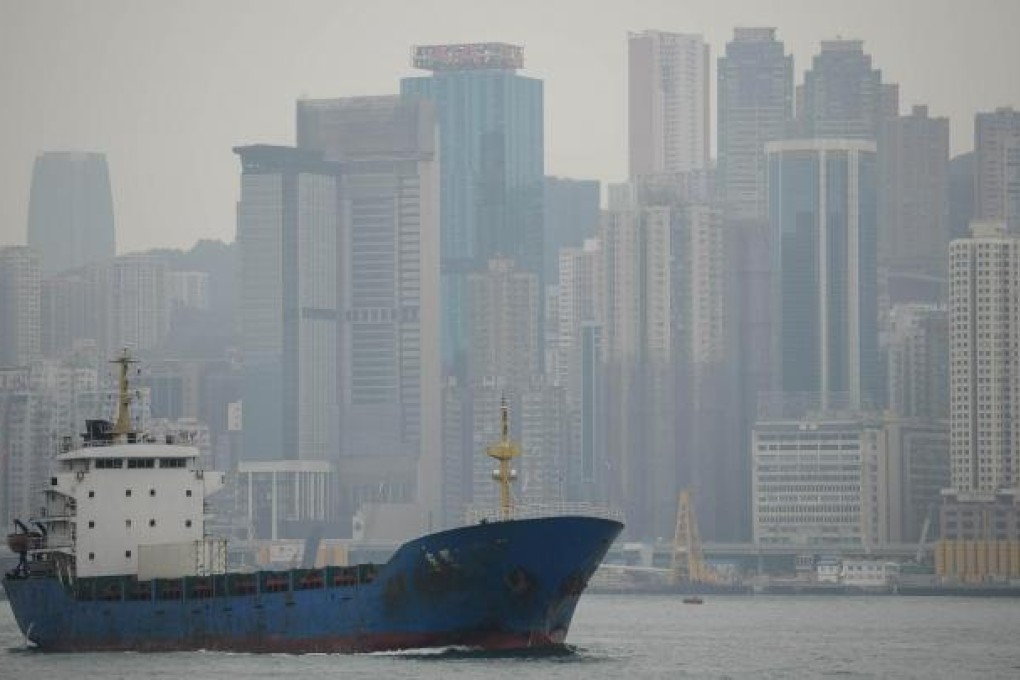Lai See | Ship operators want fair play on Fair Winds by year-end

It is cheering to see the level of activity under way in Hong Kong on environmental matters these days. Scarcely a day goes by without some new initiative or meeting.
The new administration must take credit for this, having declared itself open for business on environmental matters, in stark contrast to its predecessors. Yesterday was no exception, with the extension of the Fair Winds Charter, which sees operators of international ocean-going vessels voluntarily agreeing to switch to low-sulphur fuel when berthed in Hong Kong. The move came with a plea to the government to introduce legislation making fuel-switching and other emissions control measures mandatory, so as to level the playing field for all ship operators.
They asked for this when the Fair Winds Charter was first introduced two years ago but that came to nothing. But both the Secretary for the Environment, Wong Kam-sing, and the Undersecretary for the Environment, Christine Loh Kung-wai, were present at yesterday's announcement and said they were committed to moving ahead with the legislation. There appears to be a much better relationship between the government and the Hong Kong Shipowners Association and the Hong Kong Liner Shipping Association, which, together with the Civic Exchange, were the bodies that have pushed this initiative.
A report by the Civic Exchange, the Hong Kong University of Science and Technology and HKU's School of Public Health calculates that the sulphur content in shipping fuel emissions accounts for 385 avoidable deaths a year in Hong Kong. The present measures, if adopted by all shipping operators, would reduce the number of deaths by half, or 197 per year.
The ultimate target is to turn the Pearl River Delta into an emissions control area, where all shipping within 100 nautical miles of Hong Kong uses fuel with 0.1 per cent sulphur content. But that will require discussion with the mainland. The nagging thought that we have about this, is that if the government was told that bird flu was going to cause 400 deaths in Hong Kong over the next 12 months, then it would do more than say: "Don't worry, we'll fix it by the end of the year." Emergency measures would be introduced. The new legislation is not due to be introduced until the fourth quarter of the year. It is hard to see this becoming law within a year given the normal pace of legislation.
